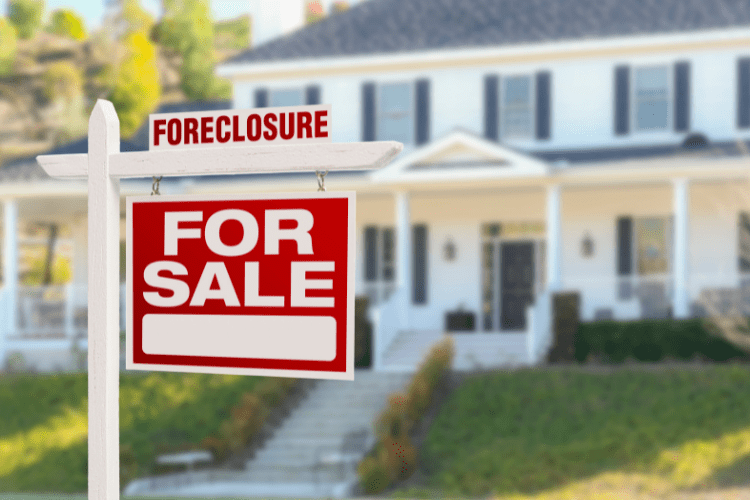How to Avoid a Foreclosure

Starting a budget won’t save you if you’ve already received an official letter from the bank that your home is about to be foreclosed on. A notification of foreclosure demands immediate action, and starting a budget in hopes of getting out of foreclosure when you’re about to walk into it, doesn’t provide you with the timely answer you need. The budget should have been done well in advance of that.
While the budget would definitely help you in the future — now you need to think fast about how to get out of this situation and either keep your home or walk away from it unscathed. If this sounds like you, you need to continue reading.
What Does Foreclosure Mean?
If you get three or more months behind your mortgage, you risk defaulting on your mortgage loan. Once this happens, the bank could foreclose on your home. Foreclosure is the legal process banks, and other mortgage lenders use to recoup their losses when borrowers can no longer make their payments.
The process involved with a foreclosure can be brutal for a family, as the lender evicts the homeowners as they seize the property. As a result, you’re not only homeless but also dealing with a bruised credit report with very little chance of acquiring your own home for a while. If you’ve received a letter of foreclosure, here are some options to avoid it.
Pay What You Owe
This is the surest way to save your home. If you’re able to come up with the outstanding balance of what is due to your mortgage lender, pay it. Foreclosure is serious business and can be an extremely emotional thing to have to go through for the family. If you can secure the funds, pay it — then start a budget to never be behind again.
Talk With The Lender
Don’t ignore a foreclosure letter from your lender. Should you receive one, the first thing you want to do is contact them to see what your options are. Let your lender know that you’ve fallen on hard times and why. They may be willing to work out a repayment plan with you. When you contact your lender, ask them how they are working with people who have difficulty paying their mortgage. Ask them about the options they have in place for them. In working with your lender, you may be able to do one of the following:
Request a Forbearance
With proof of financial hardship, the bank may agree to a forbearance, where they put a hold on your monthly mortgage payments for a certain period. The expectation is that you will use the time allowed to get back on your feet so you can get caught up on your mortgage payments. Once the forbearance period is over, the outstanding payments will need to be made. This can be made as a lump sum payment or through an established repayment plan.
Apply for a Loan Modification
Modifying your loan changes the terms of your current mortgage loan. One way to do that is to extend the length of the loan term — that lowers your payments but also allows you to pay your loan over a period.
Do a Short Sale
When your lender agrees to a short sale, they agree to allow you to sell the property for less than what you owe. This option does require you to leave your home, but you can leave knowing you and the lender are on agreeable terms. If they agree to eat the loss on the home that means once the home is sold, you no longer owe them anything. They will forgive all or part of the remaining balance.
Sign a Deed in Lieu of Foreclosure
Another way to avoid going through the agony of foreclosing on a home is to transfer ownership of your home to the lender voluntarily. This is called a Deed in Lieu of Foreclosure.
The Bottom Line
A notice of foreclosure should not be ignored. Immediately call your lender if you’re not able to bring your loan up to date, and learn how they’ve worked with other homeowners in this situation. You are not the first to go through this, and won’t be the last. If your lender seems unwilling to work with you, offer some of the options above to see if an agreement can be reached to avoid going through the foreclosure process.
Read More:










